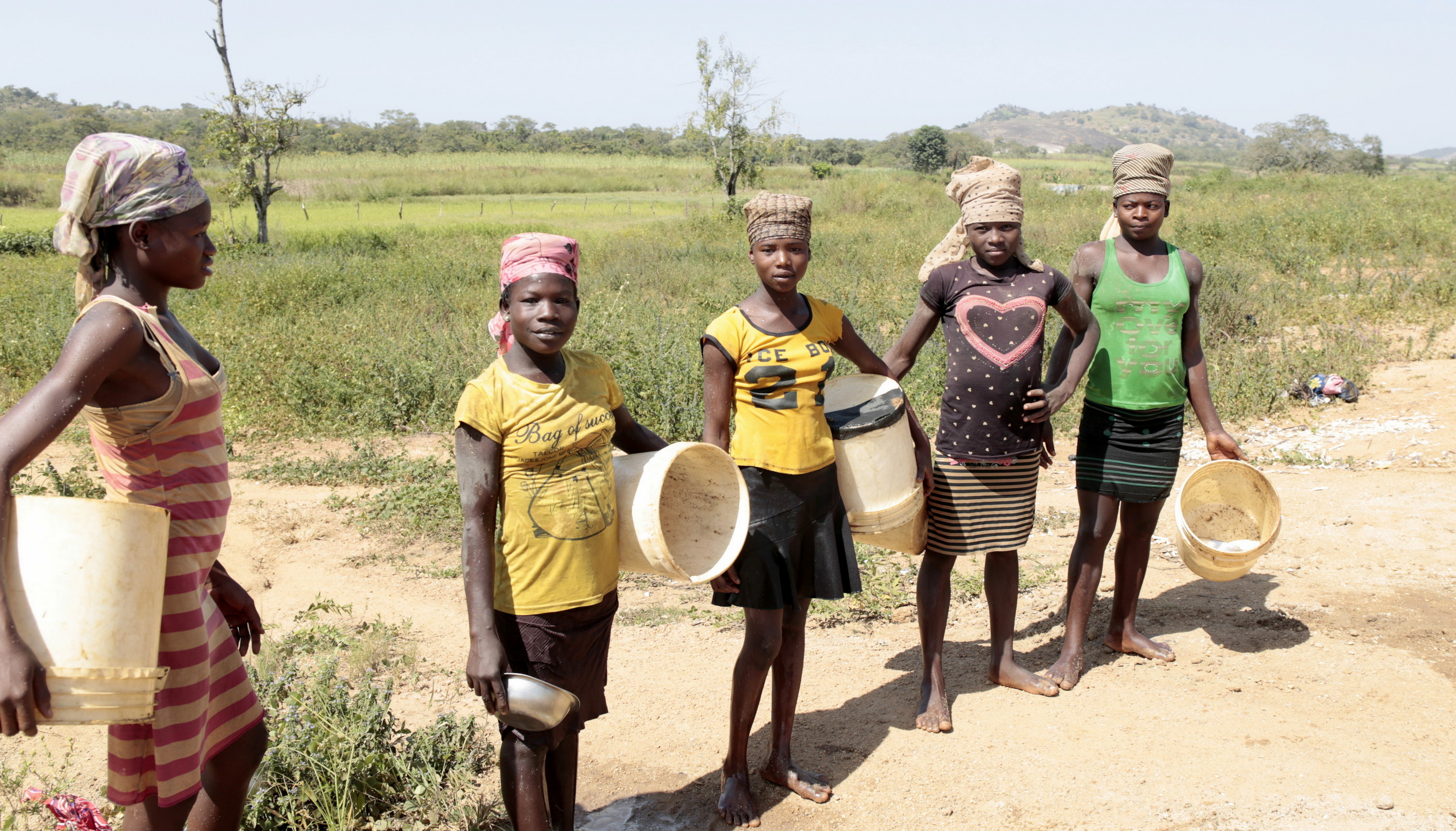BY ‘SOLA FAGORUSI and NWACHUKWU KELECHUKWU
In Nigeria where everything related to sexuality is shrouded in darkness, little is known about sexuality education. Not much is taught in the classrooms, far too little is heard at home. When it comes to matters around sexuality, many teenagers learn from the Internet or friends. This also applies to issues about Female Genital Mutilation (FGM). As the world commemorates the International Day of the Girl Child today, it is a fitting time to review the lot of girls in Nigeria. This year’s theme — ‘With Her: A Skilled Girl Force’ is coming at a phase when girls are still perceived as vulnerable and weak, making them susceptible to gender inequality, sexual assault, child marriage, unintended pregnancies, having limited choices etc.
It is the right moment to review the kind of information they are provided or the kind of skills that are available for the girl child. Today’s girls are after all tomorrow’s women. Addressing the challenges they face today is a more proactive way of addressing the challenges of womanhood. From 2012 when the United Nations commenced commemorating the International Day of the Girl Child, a lot has happened and a few things has changed. The world has witnessed the #MeToo movement. In Russia, we saw the Pussy Riot unfold before our eyes shortly before then. We have also seen sex-selective abortion happen in China and India with the unborn girl child as the target. The #HeForShe movement and the several conversations about improving the body image of the girl child are others. Nigeria has also had its fair ration of issues. The forced abduction and marriage of Ese Oruru drew national attention but it was the abduction 276 girls in Chibok in 2014 that made the eyes of the world very misty. It still does.
It is clearly a challenging moment to be a girl child in Nigeria. If anything must change, it has to be deliberate. It has to be well planned. It has to be concerted and the national conscience must feel a burden to get involved. Until the girl child can aspire to anything without any limitation, we will not make history. Until the girl child’s sexuality stops being exploited we can’t say we have truly achieved success.
Advertisement
A skilled girl force can happen. A comprehensively skilled girl force is possible. It nonetheless must not be subject to local or national index. The tide of globalisation is also felt here in Nigeria and this has increased the bar. The Nigerian girl child should have an opportunity to be as skilled as the girl child in Spain or any global north country. While academic skills embedded in formal educational systems are important, the gains can be quickly eroded by the quality of informal education happening under several roofs in Nigeria in the name of culture. It is to the credit of culture that the world has seen several evolutions and even revolutions. However, a peculiar feature of culture is its dynamic and ever evolving nature, which is organic. No culture, true to itself, remains static. The times, events, fortunes and misfortunes, learning and evaluations from other cultures affects it. The big pot where culture melts today is the laboratory of human interaction often times backed with empirical evidence.
It is time to skill up our girls and let them know it is fine to have conversations with boys without looking away. Confidence and self-esteem is a virtue. It is time to skill up girls in Nigeria and across the world to let them know that self-esteem has nothing to do with where they were born or their social strata but more about the quality of their dreams. It is time to skill our girls by providing age-appropriate sexuality education for them. It is within this rank that several of the harmful traditional practices that still hold them back resides and needs to be addressed. Providing 12 years of free, safe and qualitative education is great but it is worrisome and self-defeating when girls begin to stay out of school because they are menstruating; or because there are no school toilets or because a father thinks it is waste of money and time to let her be in school. Their worries must be addressed. It is even worse when it is because she needs to be married off as a child bride or she is away from school because she is nursing wounds from Female Genital Cut.
Nigeria’s recent ranking by Brookings Institute as the poverty capital of the world notwithstanding, a long term strategy will be to address these girl child issues, afterall the world today has facts to back the profitability that comes with having a girl educated. Poverty pinches the girl child more. It’s now of a frightening proportion with projections that if the current voyage continues then nothing will change till 2050 and beyond. The world has moved boldly away from that point where girls were prized possession with only plans for giving them away or given limited choices, only because of their sex; a decision which they were never a party to making! FGM for instance truncates a girl’s sexual and reproductive cycle even before it fully blossoms. Engaging young people on FGM and sexual health matters is crucial to bringing an end to FGM in Nigeria. This is because it is information that they get today that will inform the actions they will take tomorrow. This will be the connection between the present and the unknown future. They are the ones who will educate their own mothers and the traditional cutters on how unnecessary FGM is. And hopefully, one person at a time, more Nigerians will begin to understand that FGM does no good but only harm, not only to the girl that was cut but also to her family and the society at large.
Advertisement
Several cases of silence by girls particularly in northern Nigeria where they even refuse to access health care have been tracked to inadequate number of female health care providers. The long-term productive option lies in education. A man takes his daughter to the hospital and then requests that he would rather have a female doctor see her and yet, his own daughter is not in school! The paradox tells the story. Legal instruments like the Child Rights Act 2003, the Violence Against Persons (Prohibitions) Act 2015, Universal Basic Education Act 2004 and other similar legislations at the state needs to be made actionable if the girl child is to profit from them.
‘Sola Fagorusi is of Onelife Initiative for Human Development, while Kelechukwu Lucky is of The Girl Generation
Views expressed by contributors are strictly personal and not of TheCable.
Add a comment






